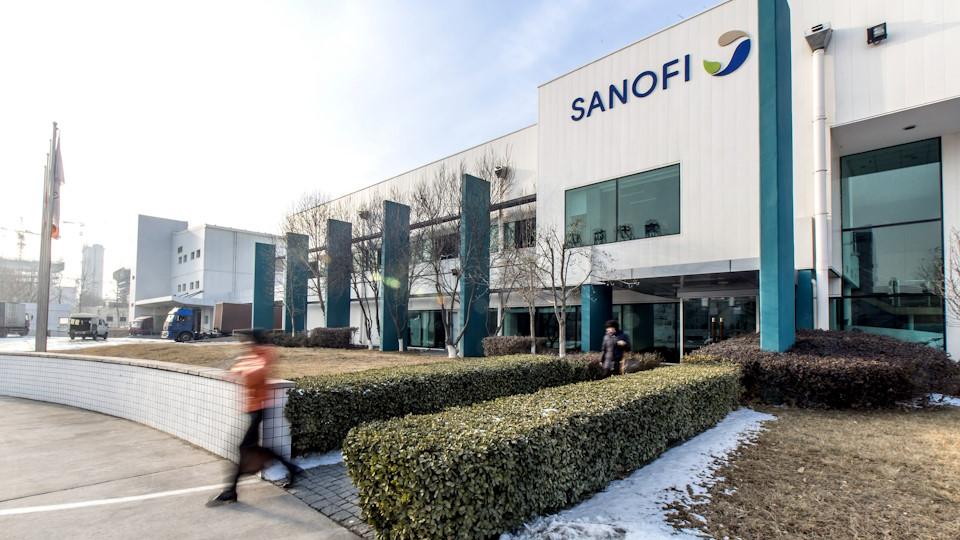NICE no follows Scottish aye for rare disease drug Xenpozyme

NICE has turned down Sanofi’s Xenpozyme as a treatment for the rare disease acid sphingomyelinase deficiency (ASMD), creating a situation where access to the drug in the UK will depend on a patient’s address.
Xenpozyme (olipudase alfa) was cleared for use in Scotland by the Scottish Medicines Consortium (SMC) – NICE’s equivalent north of the border – last month under its ultra-orphan assessment pathway, which allows early access while more data on effectiveness is generated over a three-year period. The new guidance means that patients in England and Wales will, however, be unable to get what is the only licensed therapy for ASMD.
NICE reviewed Sanofi’s drug as a treatment for patients with ASMD type AB or B, two forms of the complex genetic disorder – also known as Niemann-Pick disease – which affects around 40 people in the UK.
While type A patients are severely affected and usually die before the age of five, types AB and B are less serious, chronic forms that cause a wide range of symptoms including an enlarged spleen and liver, anaemia, fatigue, shortness of breath, bruising/bleeding, lower limb and joint pain, sleep disturbances, headaches, and diarrhoea. Most patients in this category survive into adulthood, but have their lives shortened by progressive organ damage.
Xenpozyme is a recombinant form of the enzyme deficient in ASMD and was approved by the MHRA last August, becoming the first addition to standard supportive care such as feeding tubes, supplemental oxygen, and treatment of symptoms.
NICE’s guidance acknowledges that Xenpozyme “represents a transformative addition to supportive care for ASMD,” reducing the size of the spleen and liver and increasing lung capacity, but said its appraisal committee “had not been presented with any [incremental cost-effectiveness ratios] that were likely to be within the range NICE normally considers an effective use of NHS resources for a highly specialised technology.”
Xenpozyme’s list price is £3,612.00 per 20 mg vial excluding VAT, but Sanofi said it has offered “a number of commercial arrangements” to support NHS access to the drug.
“This is devastating news for the ASMD community,” said Rippon Ubhi, country lead, Sanofi UK and Ireland. “We believe this decision demonstrates that the framework for assessing and funding innovative treatments for ultra-rare diseases in England and Wales is fundamentally flawed and is failing to keep pace with innovation.”
She added that Xenpozyme is already available to patients in other European countries, including Germany, Austria, Italy, Cyprus, and Hungary, and suggested that, without change, England and Wales “will progressively fall further behind our European neighbours when it comes to patient access.”
In England, only 59% of non-oncology orphan medicines with a marketing authorisation are reimbursed, compared to 86% in Germany and 77% in France, said Ubhi, citing data from the BioIndustry Association (BIA) trade group.
Toni Mathieson, chief executive of ASMD patient organisation NPUK, told pharmaphorum that the decision "is not only devastating but will cause significant distress for the ASMD patient and carer community, who have been following and contributing to the development of this treatment for over 20 years."
She added: "As a patient community we cannot help but question this decision and the failures of the process that led to it. The clinical evidence speaks for itself, as do decisions made by others regarding approval and reimbursement of this highly effective technology. For our community, this a matter of life or death, and we strongly urge NICE and the company to resume functional discussions and to agree a way forward that will enable access to this transformative first-line treatment."












